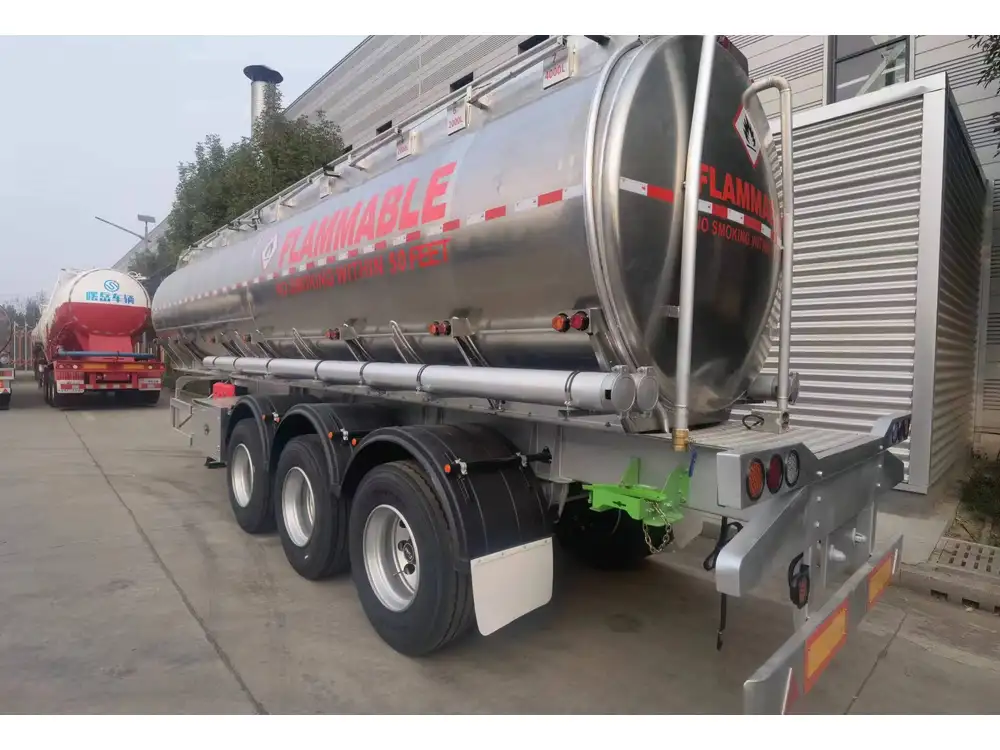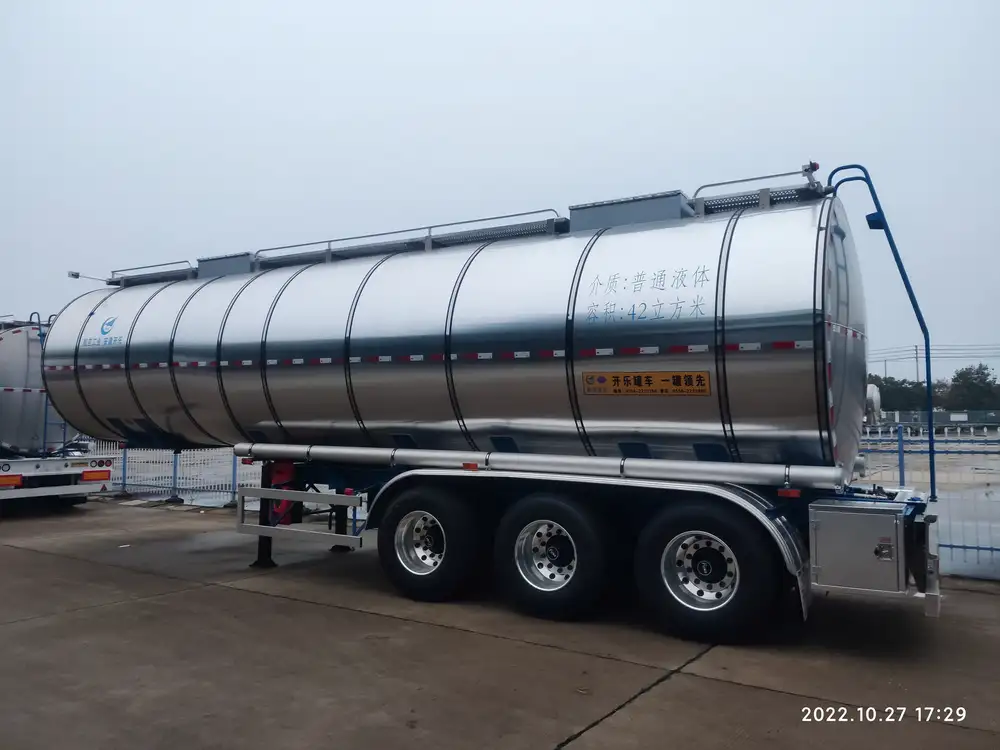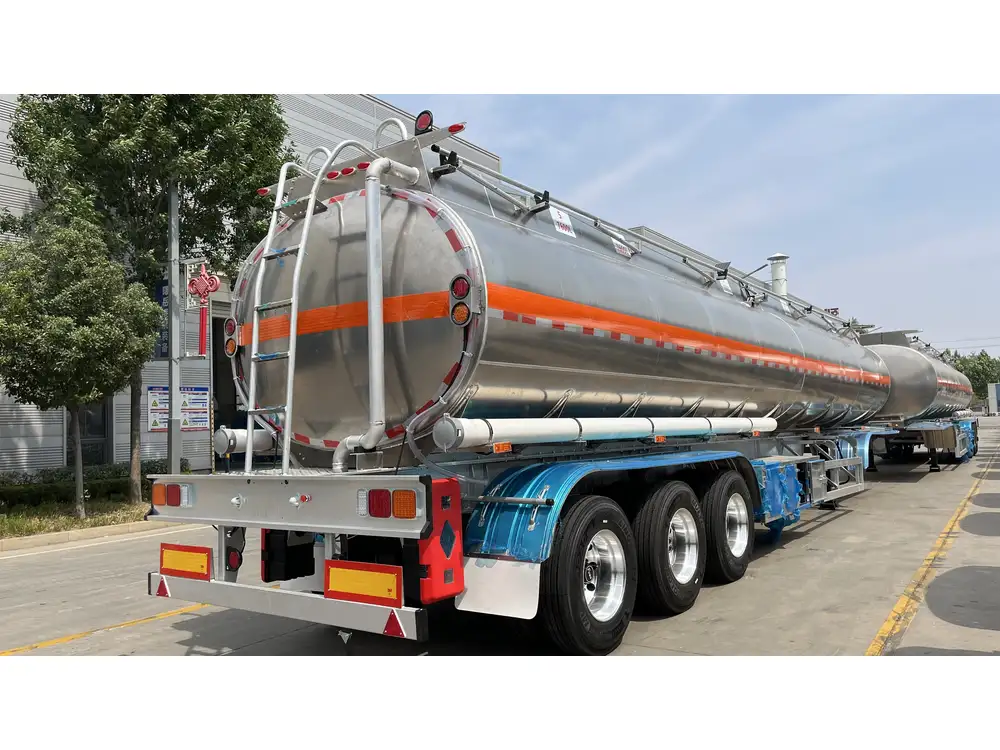In an industry where efficiency and utility reign supreme, the decision to invest in a dump truck or a dump trailer could prove pivotal for contractors, haulage companies, and individual operators alike. While both options serve the primary function of transporting and unloading materials, each comes with its own set of advantages and constraints. This article delves deep into the key considerations to help you determine which option is right for your specific needs and operational demands.
Understanding the Primary Differences
Both dump trucks and dump trailers are designed for heavy-duty use in transporting loads such as gravel, dirt, sand, and more. However, they differ fundamentally in construction, operation, and cost.
1. Construction and Mechanics
| Feature | Dump Truck | Dump Trailer |
|---|---|---|
| Structure | Integrated unit combining the cab, chassis, and dump bed. | Separate unit that attaches to a towing vehicle. |
| Towing Mechanism | Self-propelled; no need for an additional vehicle. | Requires a compatible towing vehicle. |
| Loading Capacity | Generally higher load capacities; depends on the truck model. | Typically offers a more flexible range of capacities. |
| Dump Mechanism | Hydraulic lifting system integrated with the chassis. | Hydraulic system utilized to raise the trailer for dumping. |

2. Cost Analysis
Initial Investment
The cost of acquiring either a dump truck or a dump trailer varies based on factors such as size, manufacturer, and additional features. However, the initial purchase price often reflects the following:
- Dump Trucks: The price generally ranges from $30,000 to over $100,000, largely depending on the model, payload capacity, and luxury of features.
- Dump Trailers: More budget-friendly, prices start at around $10,000 and can soar up to $50,000 for heavy-duty options with advanced features.
Ongoing Expenses
| Expense Category | Dump Truck | Dump Trailer |
|---|---|---|
| Fuel Efficiency | Generally lower due to size and weight. | Better efficiency since they’re towed and not self-propelled. |
| Maintenance | Higher due to integrated system parts. | May incur costs associated with both the trailer and the towing vehicle. |
| Insurance | More costly insurance premiums due to higher risk factors. | Typically lower, since they are less expensive and easier to replace. |

3. Operational Considerations
Mobility and Versatility: Dump trailers can be detached from the towing vehicle, allowing for greater mobility and the option to leave the load at a construction site while the towing vehicle is used elsewhere. In contrast, dump trucks remain tethered and less flexible.
Ease of Use: Many operators find dump trucks to be easier to operate, as they do not involve hooking and unhooking trailers. This may streamline operational processes where quick loading and unloading are priorities.
Applications: Which One Matches Your Needs?
The right choice often boils down to the specific requirements and nature of your work. Below are common scenarios that outline when to choose each option.
When to Choose a Dump Truck
- High Volume Transportation: If your operations involve frequent, heavy hauling of materials, a dump truck often makes logistical sense.
- Construction Projects: Construction sites that require mobility and quick loading/unloading typically benefit from a dump truck’s efficiency.
- Frequent Off-Road Use: A dump truck is generally more suited to rough terrains.

When to Choose a Dump Trailer
- Occasional Use: If your hauling needs are limited, investing in a dump trailer can be more economical.
- Flexibility in Operations: Dump trailers allow you to transport materials with a light-duty vehicle when needed, making them versatile for various tasks.
- Smaller Projects: For smaller jobs requiring less than a full truckload, a dump trailer provides a cost-effective solution.
Evaluating Total Ownership Costs
Deciding between a dump truck and a dump trailer involves more than just comparing purchase prices. A comprehensive evaluation of total ownership costs will provide a clearer picture of which investment will yield better long-term returns.
1. Depreciation and Resale Value
Dump Trucks: Typically depreciate faster due to their complexities and the higher operational demands. Resale values can vary widely based on condition and demand.
Dump Trailers: Generally hold their value better over time and may have a more stable resale market since they are simpler and easier to maintain.

2. Financing Options
Before making a purchase, explore the financing options available based on your chosen equipment. Rates may vary significantly between dump trucks and dump trailers, leading to different long-term costs.
Financing Comparison Table:
| Feature | Dump Truck Financing | Dump Trailer Financing |
|---|---|---|
| Loan Terms | Longer repayment periods possible | Shorter terms may be more common |
| Interest Rates | Often higher due to perceived risk | Typically lower and more competitive |
| Down Payments | High down payments often required | Lesser percentage can be common |
Environmental Considerations
In an era where sustainability is paramount, both dump trucks and dump trailers come with implications for environmental impact.
1. Fuel Consumption
Dump trucks often consume more fuel due to their size and weight, leading to higher carbon footprints. On the other hand, dump trailers attached to lighter vehicles can lead to lower overall emissions.

2. Regulatory Compliance
Check local regulations regarding emissions for both vehicles. Depending on your location, operating older models may result in hefty fines or restrictions, which can impact your operational viability.
Technological Advancements
As technology continues to evolve, both dump trucks and trailers have incorporated advancements that enhance operational efficiency.
- Telemetry Systems: Many modern dump trucks come equipped with built-in telemetry systems, providing real-time data on load weight, performance, and even route optimization.
- Smart Trailers: Dump trailers have started incorporating digital solutions like load sensors and GPS tracking, allowing operators to streamline operations and improve safety measures.
The Final Verdict
To finalize the decision on whether to buy a dump truck or a dump trailer, consider the following:
Nature of Use: Assess your operational demands and how often you intend to require heavy hauling services.
Budget Constraints: Align your choice with your financial capacity, factoring in initial investment and ongoing expenses.
Logistics and Mobility Needs: Think about how frequently you need to transport your vehicle to different job sites, and whether flexibility or heavy-duty performance is your priority.
Future Growth: Consider your business trajectory. If expansion via larger hauling jobs might occur in the future, a dump truck could be a more strategic long-term asset.

Conclusion
Ultimately, the choice between a dump truck and a dump trailer boils down to your specific needs, financial capabilities, and operational goals. Both options provide unique benefits that can propel your hauling efficiency, whether you’re a small contractor or managing a larger fleet. By thoughtfully weighing out the factors discussed in this guide and understanding your long-term objectives, you position yourself to make an informed, strategic decision that will enhance your operational performance for years to come.



